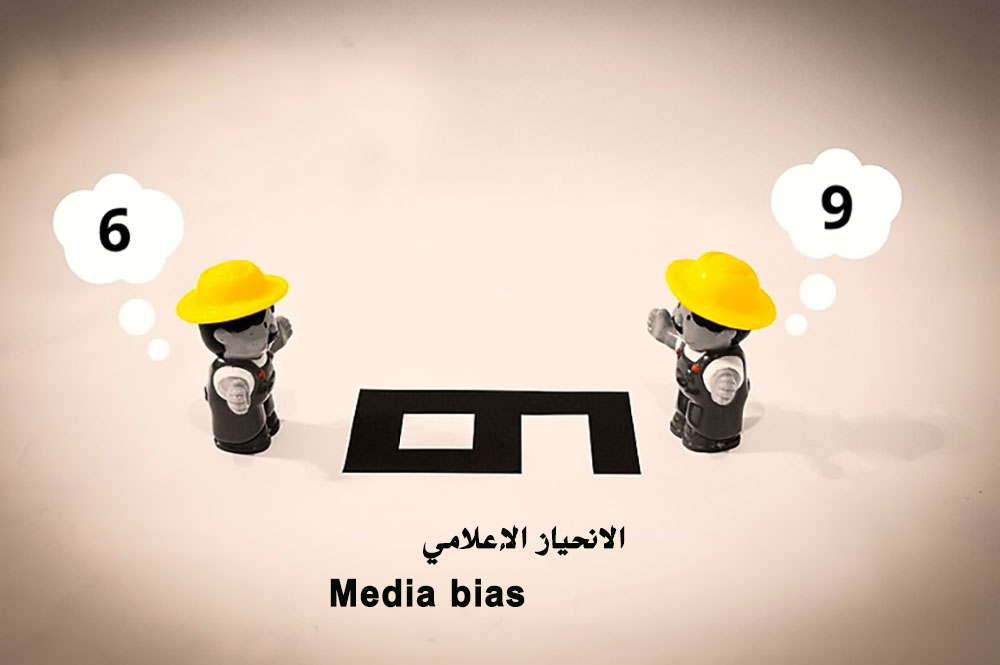
Sudan.. Al Jazeera receives rebuke
Abdul Rahman Al-Ajib
Although the Sudanese war is taking place on the ground of the capital Khartoum and some provinces, its parallel land was regional and perhaps international media.
In the past week, Al Jazeera, a Qatari channel, for example, has been criticized by a number of Sudanese journalists who see its coverage of the Sudanese war as biased towards one side of the conflict, reducing the chances of peace in the country.
In light of this biased coverage, a number of Sudanese journalists and writers submitted a memorandum to the Qatari channels administration, questioning the professionalism and impartiality of the channel in conveying different opinions on the ongoing war in Sudan.
The memorandum considered that the level of coverage and its method have a serious impact on the political, security, and strategic future of Sudan, unless the channel addresses the issues rationally within the framework of objective opinions.
The memorandum pointed to the channels clear tendency to focus on one opinion in terms of hosting guests on its programs or even the reports accompanying the news about Sudan. It attributed this to the biases and orientations of some of the channels employees whose organizations are involved in this war.
The memorandum accused some Sudanese employees of the channel of practicing their biases and orientations under the cover of the routine tasks of their jobs as journalists or administrators. They were able to impose a unilateral line and vision, making the channel appear as if it represents one voice and adopts a biased position towards a specific political party in this war. According to the memorandum, if the clear political bias of the employees of any channel is reflected in the media performance of the channel, it undermines its credibility and distorts its image.
The memorandum emphasized the need to reconsider Al Jazeeras editorial policy regarding the different positions on the ongoing war in Sudan, to seek media and journalistic truth. According to the memorandum, this will only be achieved by reviewing the political and social alliances of those with similar opinions and visions within the channels administration and their attempts to shape a vision for the channel that contradicts its general line, and to get away with this unprofessional act by sneaking it into the general daily workflow.
In a related context, journalist Maher Abu Al-Joukh believes that the memorandum represented a professional media perspective on Al Jazeeras coverage, which witnessed a noticeable deviation despite attempts to strike a balance, and sided with the continuation of the war, which is a position that is in conflict with the official position of the State of Qatar, which calls for an end to the war and the restoration of the civil transition and the removal of the army from politics.
For Abu Al-Joukh, if this memorandum aligns with Qatars official position, it will surely have an impact on curbing the influence of influential media professionals within it. It is necessary to recognize and acknowledge that tangible changes in the channels editorial content are taking place, especially after the visits of the Freedom and Change delegations and the army commander to Doha last August.
According to Abu Al-Joukh, Qatars current position has become clearer towards the Sudanese crisis, and this position was translated in the speech of the Emir of Qatar before the United Nations General Assembly in an angry tone when he demanded an end to the war and the removal of the army from politics; because its mission is to protect the country, not rule it. This Qatari position differs from the previously drawn image that Doha will support Islamists, oppressed and oppressors alike, and it seems that this description may have been true in the past, but in the Sudanese case, this rule no longer applies.
Abu Al-Joukh said that supporters of the former regime and advocates of war fear that Qatars position is the visible part of a larger iceberg of transformations on the way, which will leave them without any regional and international allies if they happen. They will realize that they have lost everything when this happens. In fact, this moment may be delayed, but its indications have become clear.
As for the lawyer and journalist Hatem Elias, he sees the memorandum as an attempt to draw the attention of the famous channel to be accurate and to monitor some of its employees from Sudan who have positions and affiliations. Elias says that he does not mean that these employees should not have a political affiliation or a position on what is happening in Sudan, but they should not exploit their position to align the channels line with their positions in reports or the type of guests on the channel.
For Hatem Elias, the memorandum stems from fear and keenness that Al Jazeera should not be a platform to complicate the situation further and contribute through its media line to increasing the war and reducing the chances of peace. He added, saying: I think that the memorandum will not stop at Al Jazeera, and it may include Al Arabiya Al Hadath and other channels.
According to the memorandum, all Sudanese are working and striving to stop the war and achieve peace, and what Al Jazeera is doing will hinder peace efforts.

